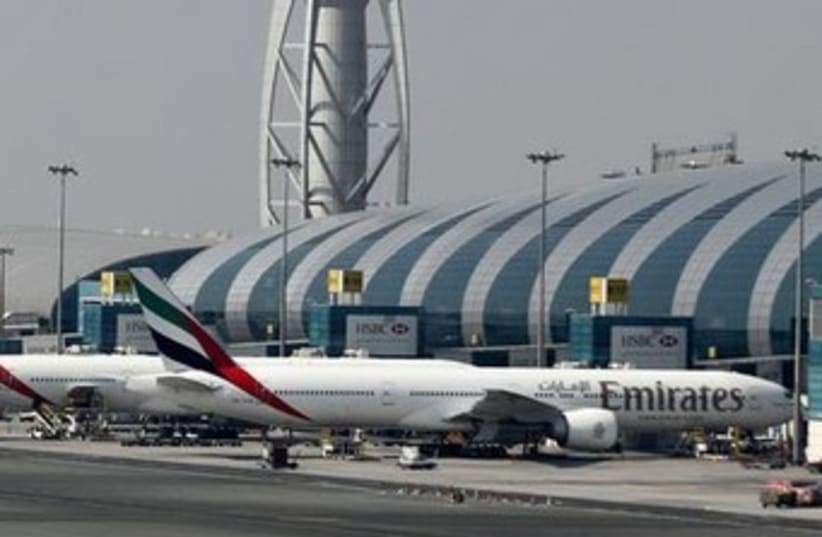London cable car contract with Emirates Airline calls to exclude Israeli businesses
The body responsible for the transport system in Greater London has been criticized for a sponsorship deal with Emirates Airline for a project which is not allowed to take money or have ties to any Israel businesses.
